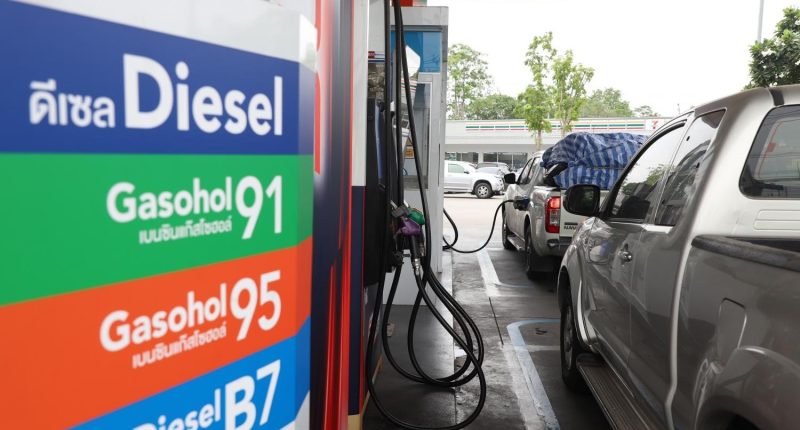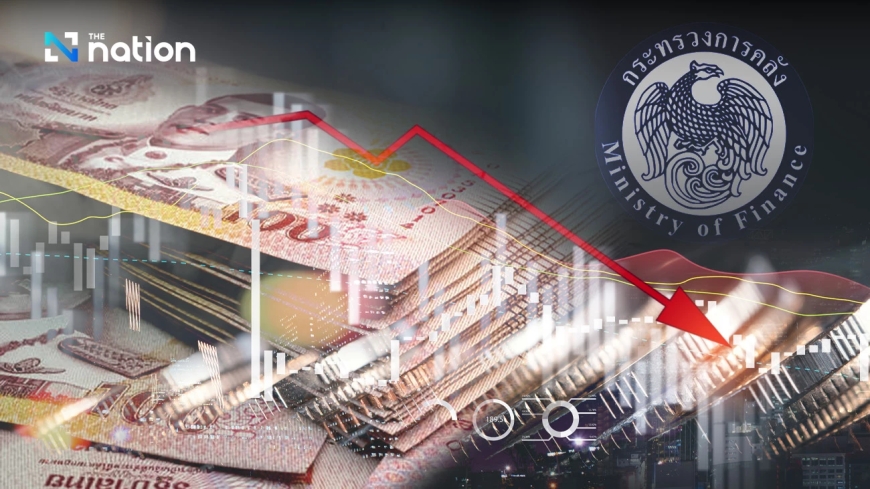To ease the financial strain on consumers, Thailand’s Oil Fuel Fund Office (OFFO) has taken steps to cap diesel prices below 33 baht per litre. This initiative is part of a strategic response to global oil market fluctuations, which have recently benefited Thailand’s financial outlook.
OFFO’s Strategy to Control Diesel Costs
In a bid to stabilize diesel prices, the OFFO has decided against extending the current subsidy scheme. This choice comes as OFFO enjoys improved financial health due to falling global oil prices, allowing it to absorb costs and keep prices manageable without additional cabinet approvals.
Key Financial Shifts
- Rising Revenue: From August onwards, OFFO reported an increase in monthly revenue, aiding in reducing the fund’s overall debt.
- Debt Reduction: Losses decreased from 112 billion baht in July to 99 billion baht by September’s end, thanks to both diesel and liquefied petroleum gas (LPG) subsidy reductions.
Diesel Subsidy and the Impact of Global Oil Prices
Global oil prices have been a driving force in shaping Thailand’s subsidy policies. With prices of Dubai crude oil and diesel experiencing a decline, OFFO has been able to extend diesel price relief to Thai consumers without additional government intervention.
Contributing Global Factors
- Lower Global Demand: A decrease in demand, notably due to economic slowdowns in China, contributed to easing diesel prices.
- Geopolitical Tensions: Despite a general price decline, diesel remains over the $100 mark largely due to ongoing conflicts, including the Russia-Ukraine war and recent unrest in the Middle East.
Managing Financial Stability and Future Plans
OFFO plans to begin repaying its debt, starting with a principal payment of 139 million baht in November. This repayment strategy is intended to steadily address the remaining debt, with plans to eliminate it by September 2028.
LPG Price Cap to Ease Household Burden
Alongside diesel, the Thai government is also capping liquefied petroleum gas (LPG) prices, maintaining them at 423 baht per 15-kilogram cylinder. This subsidy provides much-needed relief to households dealing with increased living expenses.
Conclusion
Thailand’s proactive approach to managing diesel prices through the OFFO showcases a balanced strategy that prioritizes consumer affordability without extending subsidies. By capitalizing on current global oil price trends, the country is positioned to manage future fluctuations effectively while maintaining financial stability. This initiative highlights Thailand’s commitment to fostering an affordable and sustainable energy landscape.









